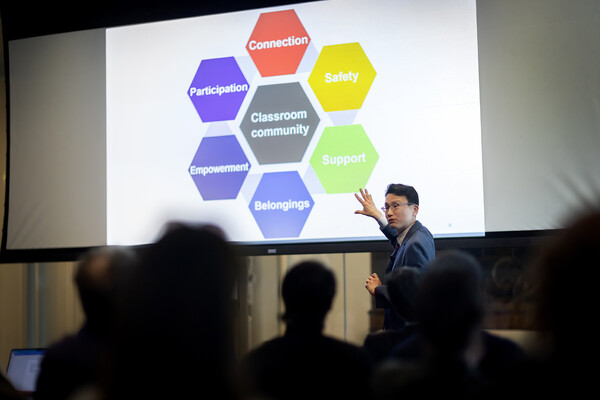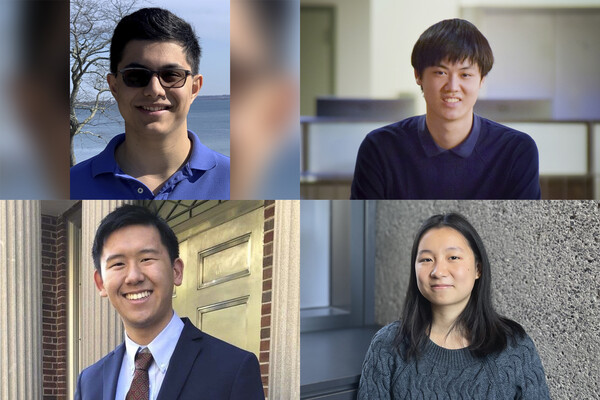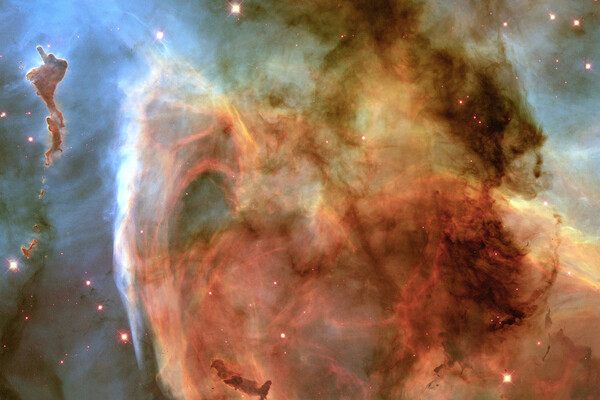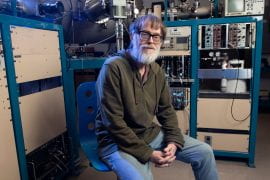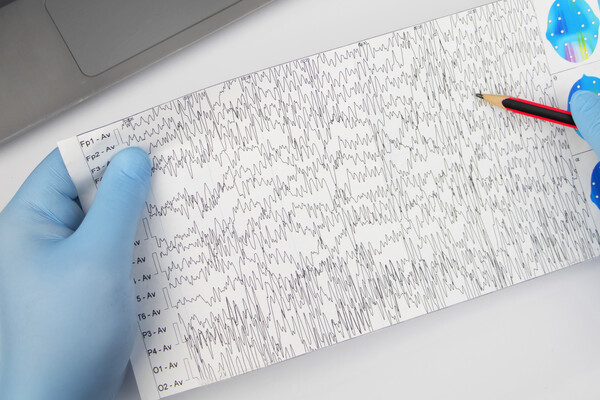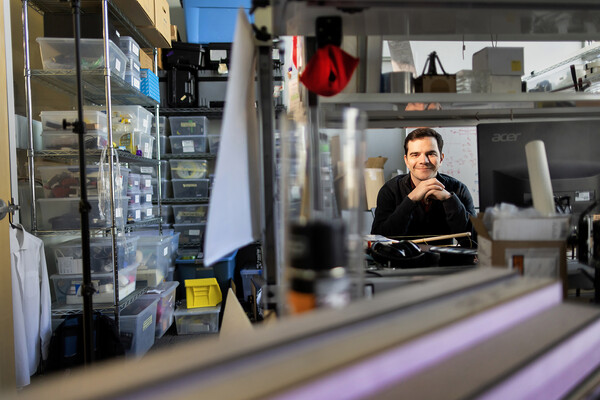Study reveals that initial state conditions set up particle flow patterns, helping zero in on key properties of matter that mimics the early universe.
Latest News
Daeyeon Lee delivers lecture on reconnecting in and out of the classroom
Lee, the Evan C Thompson Term Chair for Excellence in Teaching, recently delivered the 2023 Evan C Thompson Lecture, focusing on how to improve students’ sense of community.
A Novel Way to Get to the Excited States of Exotic Nuclei
Scientists find a new approach to access unusual excited nuclear levels.
UCI researchers join DOE-funded project to reinvent lithium-ion battery recycling
R&D effort is aimed at improving environmental sustainability and lowering costs
Four Penn students are 2023 Goldwater Scholars
Goldwater Scholarships are awarded to students planning research careers in mathematics, the natural sciences, or engineering.
The Big Bang at 75
Theoretical physicist Vijay Balasubramanian discusses the 75th anniversary of the alpha-beta-gamma paper, what we know—and don’t know—about the universe and the “very big gaps” left to discover.
To protect children online, researchers call for cross-disciplinary collaboration
A team of neuroscientists and legal experts, including Gideon Nave of the Wharton School, published a perspective in Science drawing attention to the need to develop science-backed policies that take into account children’s vulnerabilities in the digital world.
UC Irvine Earth system scientists uncover ice-age shift in Pacific Ocean circulation
Fossil radiocarbon measurements show effect on CO2 uptake, carbon storage and climate
Novel tools for the treatment and diagnosis of epilepsy
Penn neurologist Brian Litt’s work on implantable devices for recording and altering brain activity has led to new ways to treat and diagnose epilepsy.
Who, What, Why: Devin Carroll and his robot made of tree branches
Ph.D. student Devin Carroll designs robots from materials found in nature; his latest modular device is made of tree branches, strings, and a motor.



